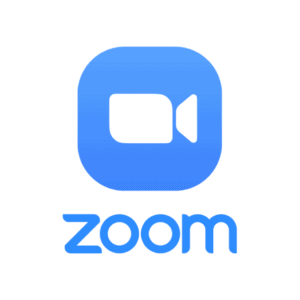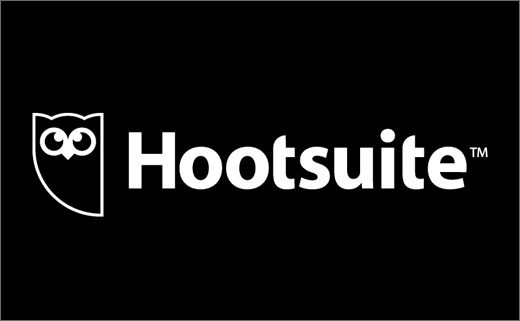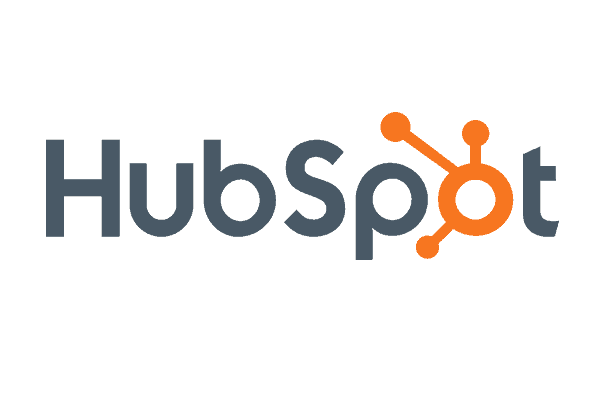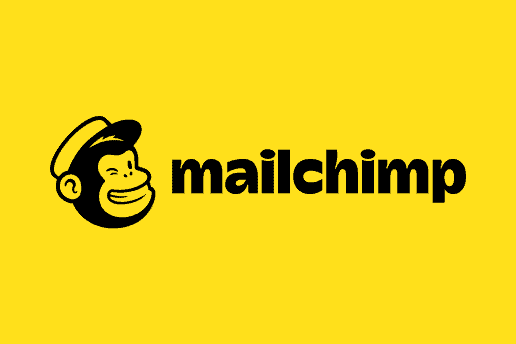In the past, the work from home offer is somehow a special benefit for employee but now COVID-19 has forced companies all over the world to let their staff work remotely and it has become the norm for most businesses. Global company like Twitter and Facebook recently even announce employees can work from home permanently. As the needs for remote work continue to grow, there are so many tools and resources available in the market, if you have no idea which one works best for you, we have picked 8 popular online marketing tools that can boost your company’s productivity and help your business to expand and grow professionally.
1. Zoom
Zoom is probably the most used video calling tool during the pandemic time. It is easy to use and it allows you to schedule, launch and record virtual meetings with your team. Unlike other video calling apps, it supports large group meeting up to 100 users for free. Simply click on the link, you can be entered remotely from a computer, ipad or smartphone. It is widely being used for company and client meetings, virtual events and online lectures.
For social media & content management
2. Hootsuite
Hootsuite is a social media management platform that perform the duties of a social media manager’s role: you can view, schedule and publish posts for multiple accounts and reply all the feedbacks and comments at once. It supports over 30+ worldwide popular social network including Instagram, Facebook, WordPress, LinkedIn, Twitter and YouTube etc. The system’s user interface takes the form of a public dashboard, supervisor can assign tasks to different team members, each team member knows their tasks and at the time knows what’s their teammates are working at.
3.Trello
Trello operates as a content planner and provide calendar service that allows you to collaboratively create and share ideas across multiple teams. It tells you what’s being worked on, who’s working on what, and where something is in a process.
Imagine a white board, filled with lists of sticky notes, with each note as a task for you and your team. Now each of those sticky notes has photos, attachments from other data sources like Salesforce or BitBucket and a place to comment and collaborate with your teammates. You can take that whiteboard anywhere you go on your smartphone and can access it from any computer through the web.
4. Canva
Canva is a graphic design platform, used to create professional-looking social media graphics, presentations, posters, documents and other visual content. The app already provides hundreds of templates for users to use, you can create an awesome work even without any design sense. Besides the ready-made templates, Canva also have a Design School which offer courses and teaching materials to help you master Canva and provide you with basic graphic design skills and techniques. After creating your design work, you can download your work as image files or PDFs or immediately share them on your social media networks. The platform is free to use, you can also subscribe the paid version Canva Pro and Canva for Enterprise for more advance and professional design.
For customer relationship management
5. Salesforce
Salesforce is a lead generation and sales management tool, it helps in tracking the behaviour of the customer at all steps of the transaction process. The tool uses machine learning and predictive algorithms to improve forecasting and help your team with automation features, making it easier for you to general leads and convert leads into sales. There are no set-up fees for the system and you don’t need to install any software or hardware to run this tool. You can add users, features and capacities when needed. It is accessible from multiple devices, anytime, anywhere.
6. HubSpot
HubSpot uses its hubs- marketing, sales, and services- to attract the leads, keeping them engaged, to qualify those leads, and to convert them into your promoters. It helps the marketers with the best inbound marketing strategy to retain the potential customers and keep them engaged with the relevant content for what exactly they are looking for.
7. MailChimp
Mailchimp is an email marketing tool allows you to create, send and manage newsletters. You can build your email list or import from your database. It offers pre-designed templates, or you can also design one by yourselves. Mailchimp allows you to send mail to 1000+ or more people at the same time. According to pcmag, ’the company is now also branching out its expertise to encompass other aspects of small business marketing, including automation and customer relationship management (CRM) functionality’.
For tracking data
8. Google Analytics
Google Analytics is a free web analytics service offered by Google that tracks and reports website traffic. You can analyse the traffic / figures with different dimensions like where do they come from and what devices they are using. After knowing all the insights of your business, Google Analytics will then help you to consolidate and generate a customized report. You can pick the metrics you want to see and how they should be displayed.
You can also integrate this tool with other Google Products like Google Ads and Google Search Console. You can also add tracking codes to track all the online campaigns that are currently running on your website.
Check out the latest work from home related products at hktdc.com Sourcing



























